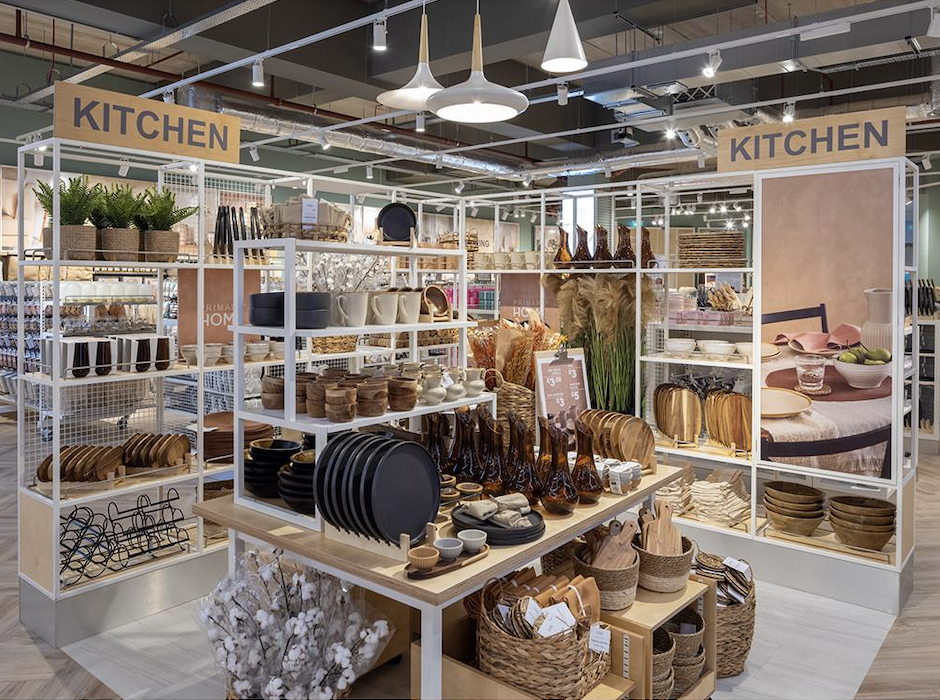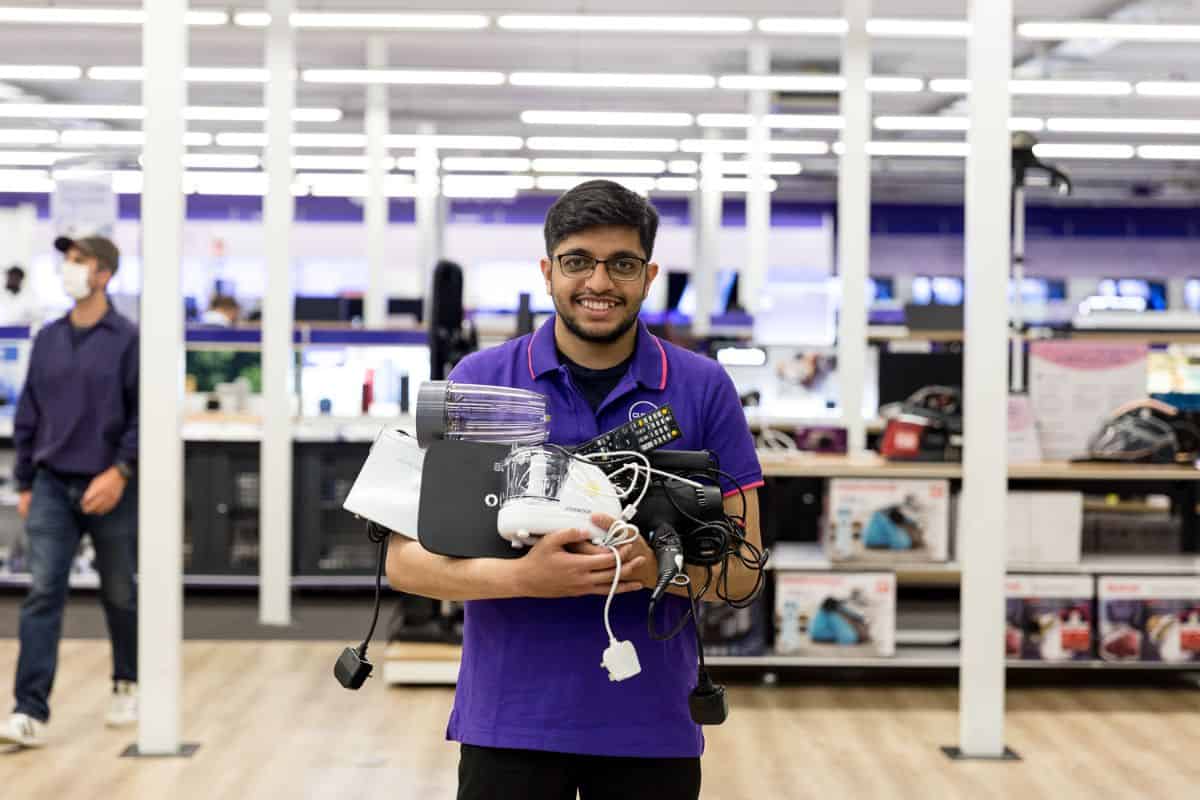Ecommerce transactions in the UK have seen a 168% increase in May compared to the same period last year, driven by rising online sales of electronic items, DIY supplies, home furnishings and sportswear, according to an analysis of hundreds of millions of transactions.
The sharp increase reflects more than two months of wide-ranging COVID-19-related restrictions for brick-and-mortar shops in the UK, with millions of consumers now shopping for goods, services and entertainment online. Other sectors that have seen a spike in online sales are banking (359%) finance (84%), and telco (36%), finds the study by payments software company ACI Worldwide.
“The lockdown has changed the way UK consumers shop, with shopping habits shifting online just as our work and social lives have. In the past, Brits may have preferred brick-and-mortar stores to buy items such as electronics, furniture or DIY supplies, but now many of us are happy to purchase those goods online,” explains Amanda Mickleburgh, director, fraud, ACI Worldwide. “More importantly, the current crisis is likely to lead to long-term behavioral change among consumers—and retailers need to adapt and change their strategies accordingly.”
Online sales in other sectors have fallen, with travel bookings in May down 95% compared to May 2019. Ticketing was down 97% and online dating fell 48% year-on-year.
Online fraud grows
Fraud is on the increase too, the research shows, as fraudsters are using the surge in online activity to target unsuspecting consumers and merchants. The average ticket price of attempted fraud increased by £14 in May, driven by electronics and retail goods. During the period from January to May 2020, the fraud attempt rate by value increased to 4.3% from 3.7% during the same period last year.
Non-fraudulent chargebacks have risen 25 percent, with many disputes involving consumers claiming that services or goods weren’t delivered or cancelling recurring payments. Airlines and Ticketing sectors are experiencing even higher chargeback rates due to the high number of consumers trying to obtain refunds from cancelled flights, instead of accepting the vouchers many airlines and travel companies have offered.
Friendly fraud is also rising, with genuine cardholders purchasing items and then either claiming not to have received them or not to have been reimbursed for returned items. Merchant delays in processing refunds due to resource challenges have contributed to increases in friendly fraud.
“Retailers and consumers must be extra vigilant as fraudsters use the current situation to obtain and use their financial data and information,” explains Mickleburgh. “Rising non-fraud chargebacks will continue to present a challenge—especially for hard hit businesses in travel and ticketing—while these merchants overhaul credit and rebooking options, dispute resolution processes, supply chain visibility and customer communication channels.”








